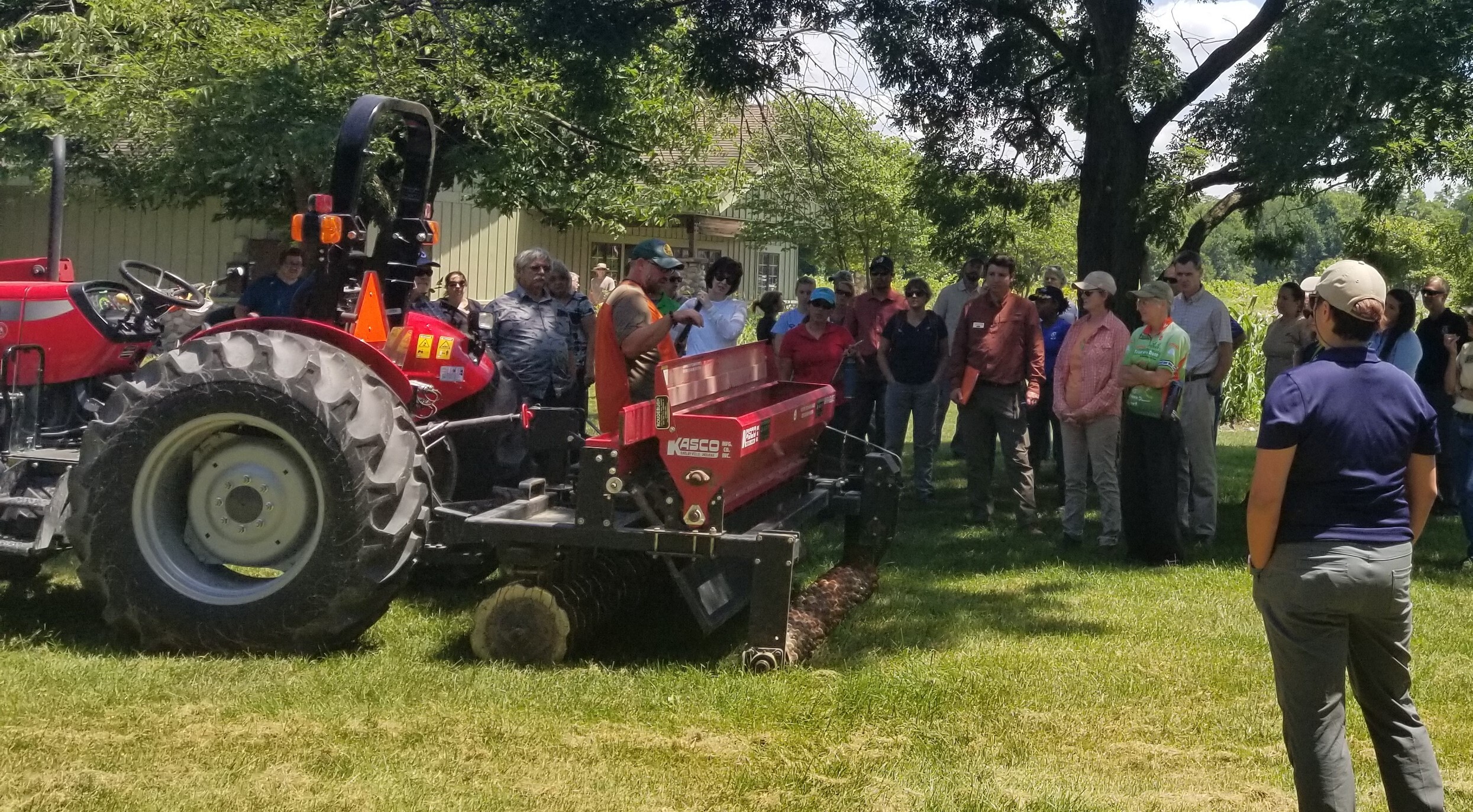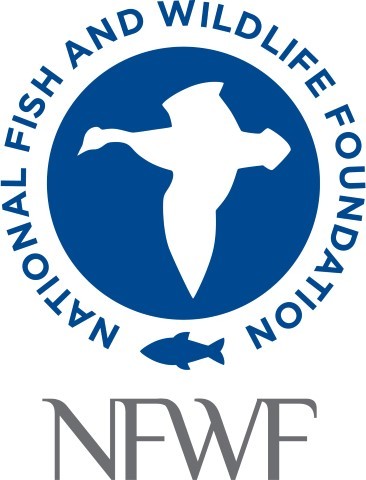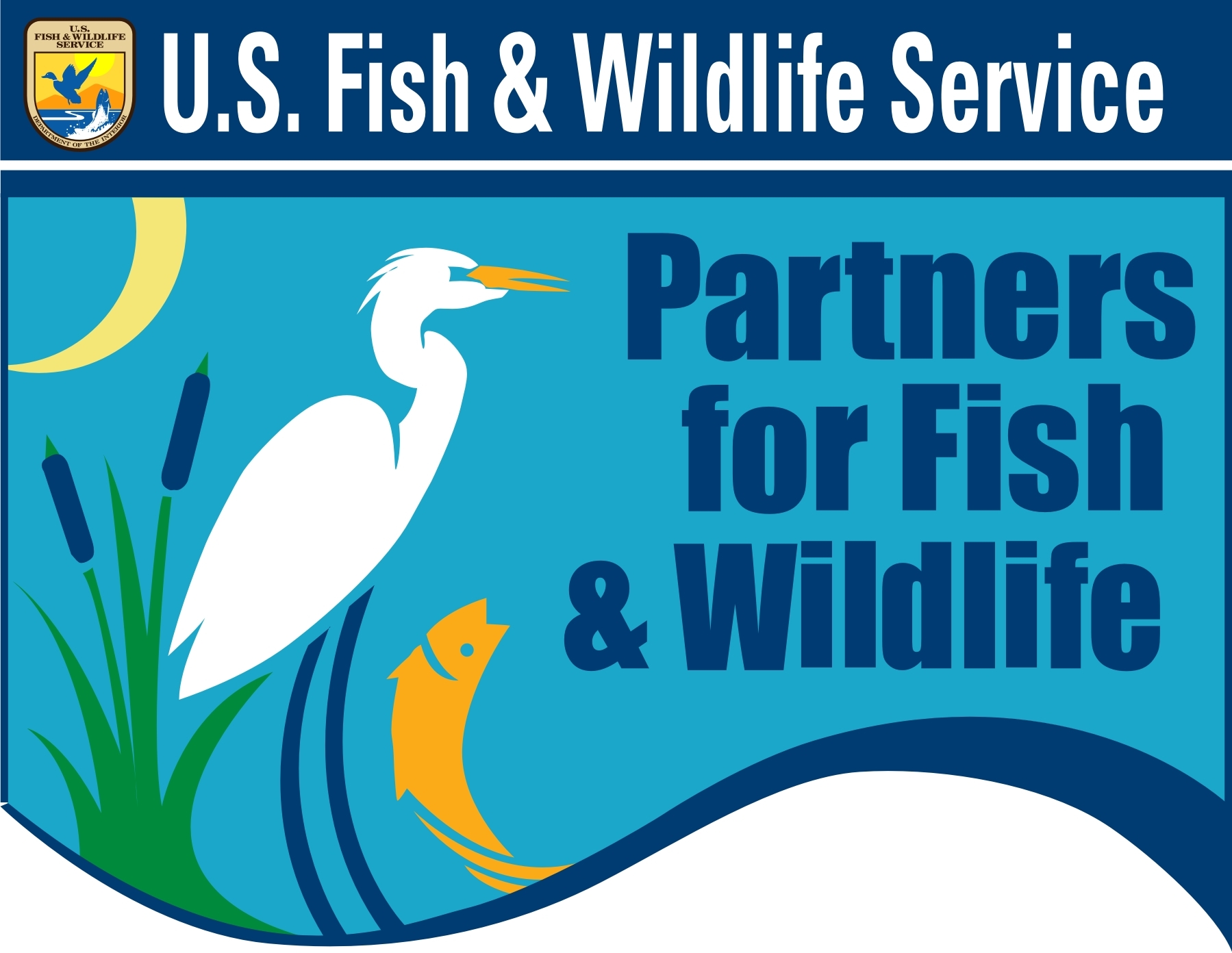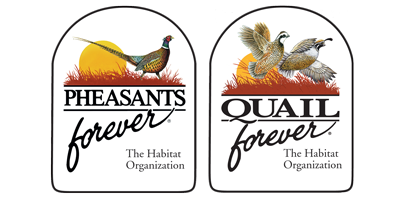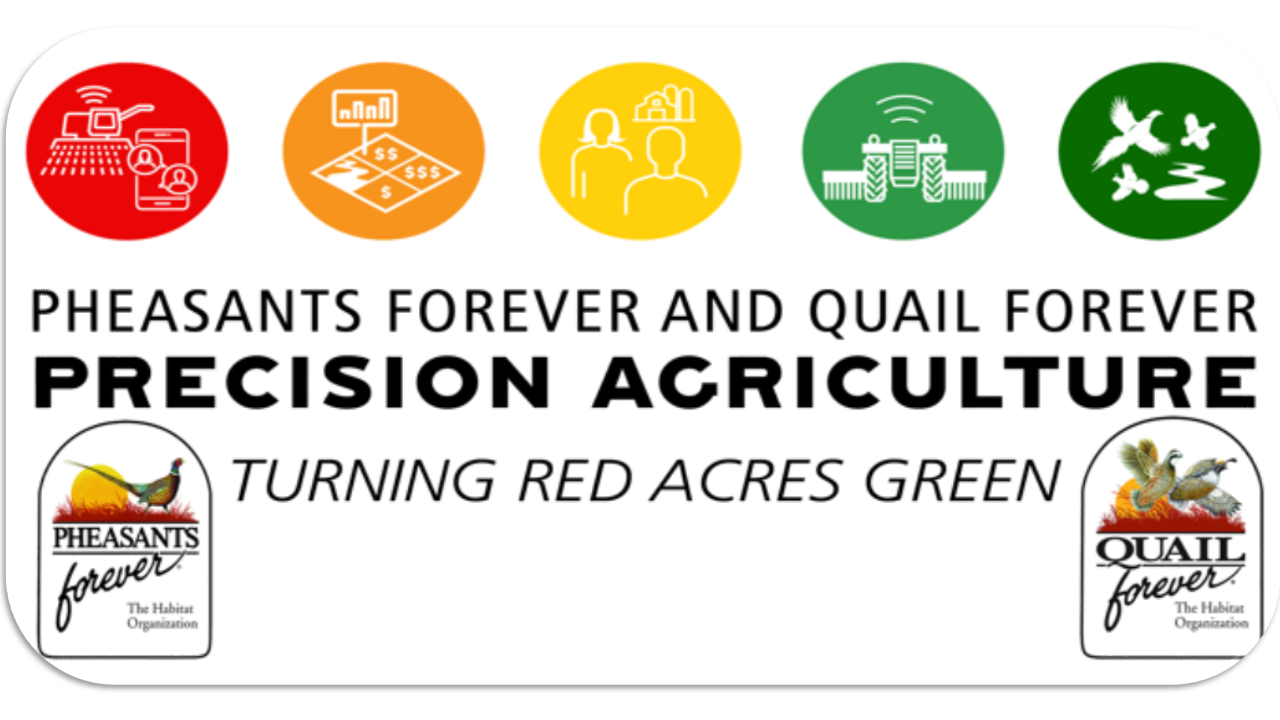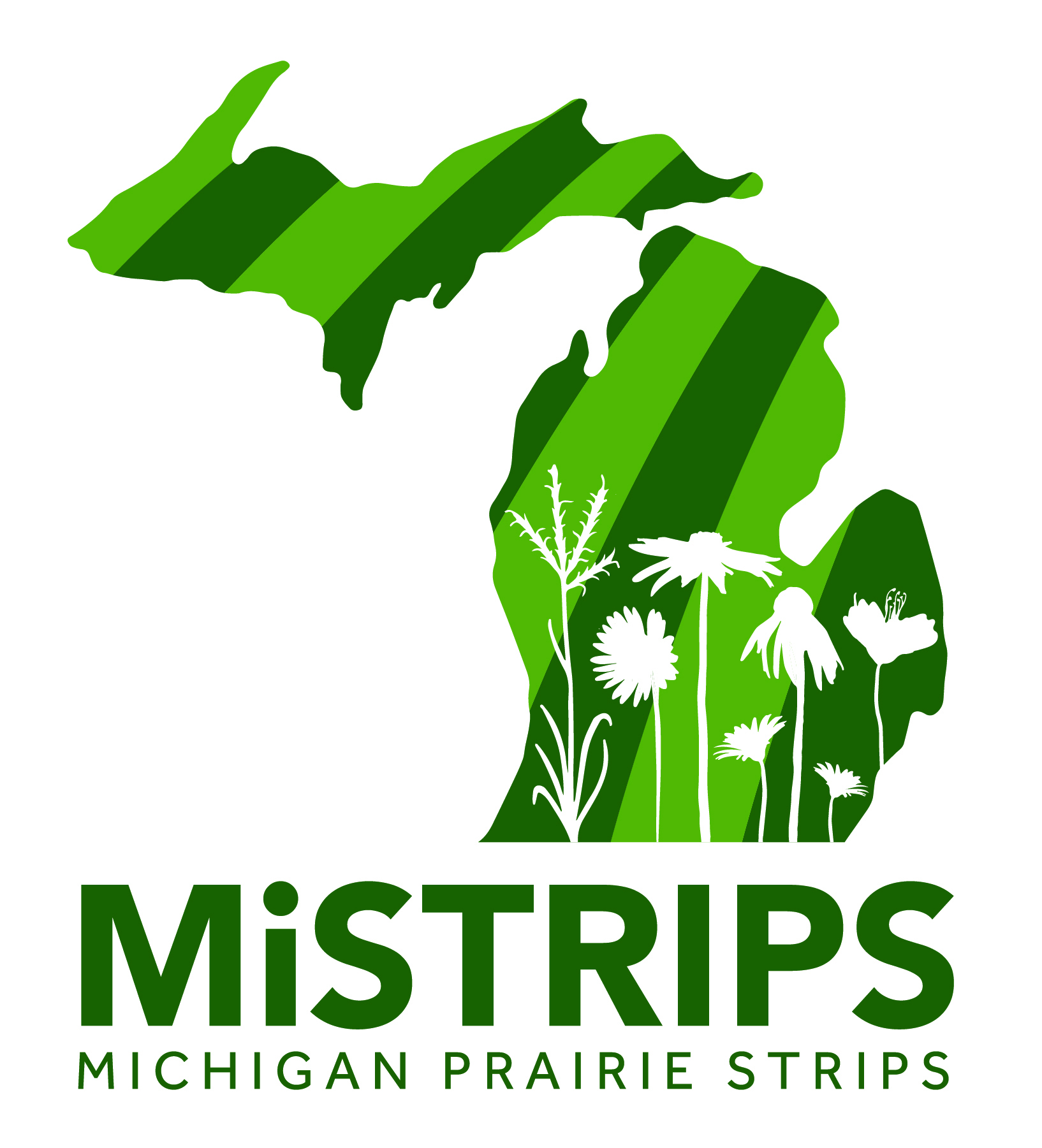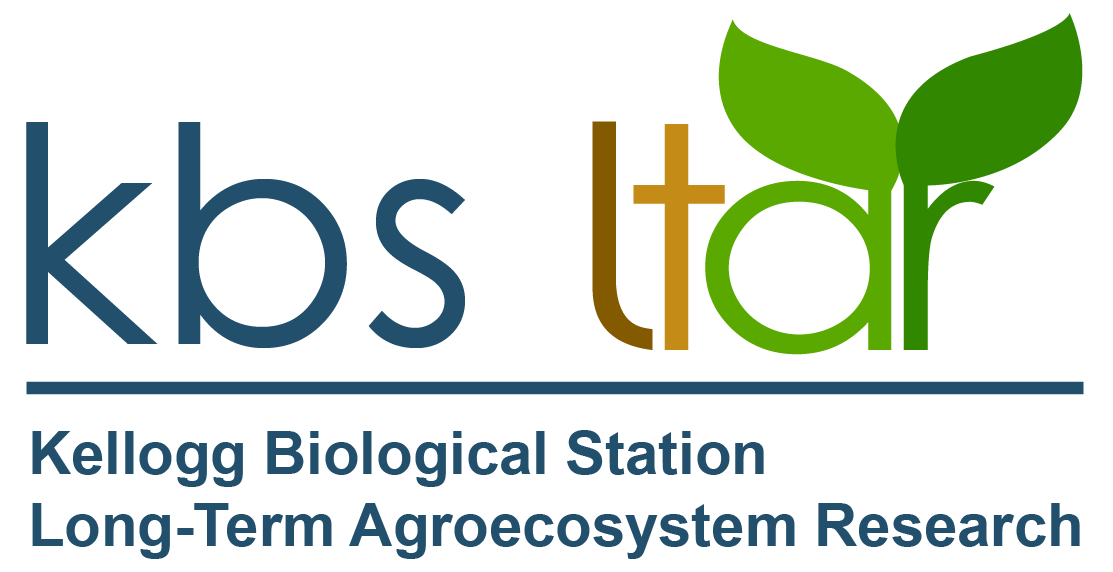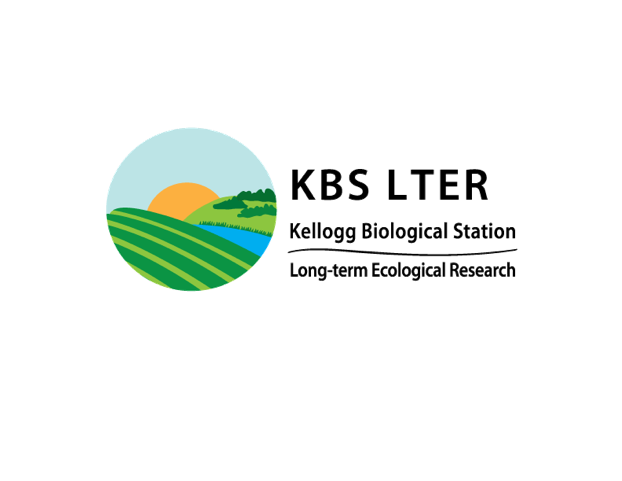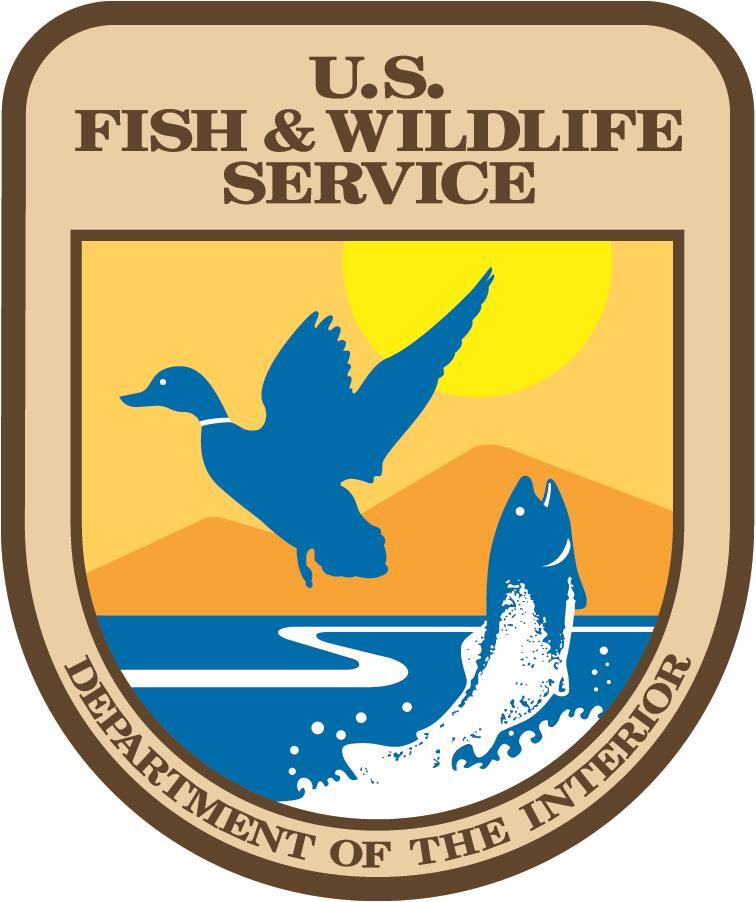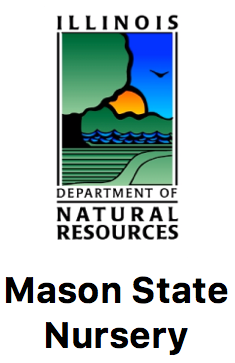Project Wingspan Across Agricultural Lands (PWAL)
Project Wingspan: Agricultural Lands (PWAL) approached the deficit of critical habitat for the monarch butterfly, rusty patched bumble bee, and other imperiled pollinators by addressing two of the major roadblocks many projects face: 1) the shortage of commercially available, regionally appropriate plant materials; and 2) the knowledge of programs, practices, and support that can help land stewards on their habitat journey. Through this initiative, Pollinator Partnership (P2), in collaboration with diverse project partners, successfully extended an existing regional seed collection program (Project Wingspan: Extension and Connectivity [PWEC]) through the use of online training modules, hosting live virtual seed collection training webinars, and the implementation of the PWAL four-part, in-person training workshop series. This resulted in 1,766 trained conservation professionals and land stewards as well as 151 trained and certified seed collection volunteers who completed over 671 seed collections targeting native milkweed and other pollinator-supporting (host, nectar, and pollen forage) plant species across the target region, producing 266 pounds of cleaned seed - of which a portion was diverted to a successful grow out of 8,225 live plant plugs. With the use of an online habitat survey, P2 identified hundreds of landowners and managers interested in pollinator conservation across IL, MI, OH, and IN. This survey allowed the team to locate habitat projects and award seed and plugs generated through collection efforts, contributing to the restoration of 717 acres as well as the enhancement and/or improved management of 1,908 acres of pollinator habitat.
